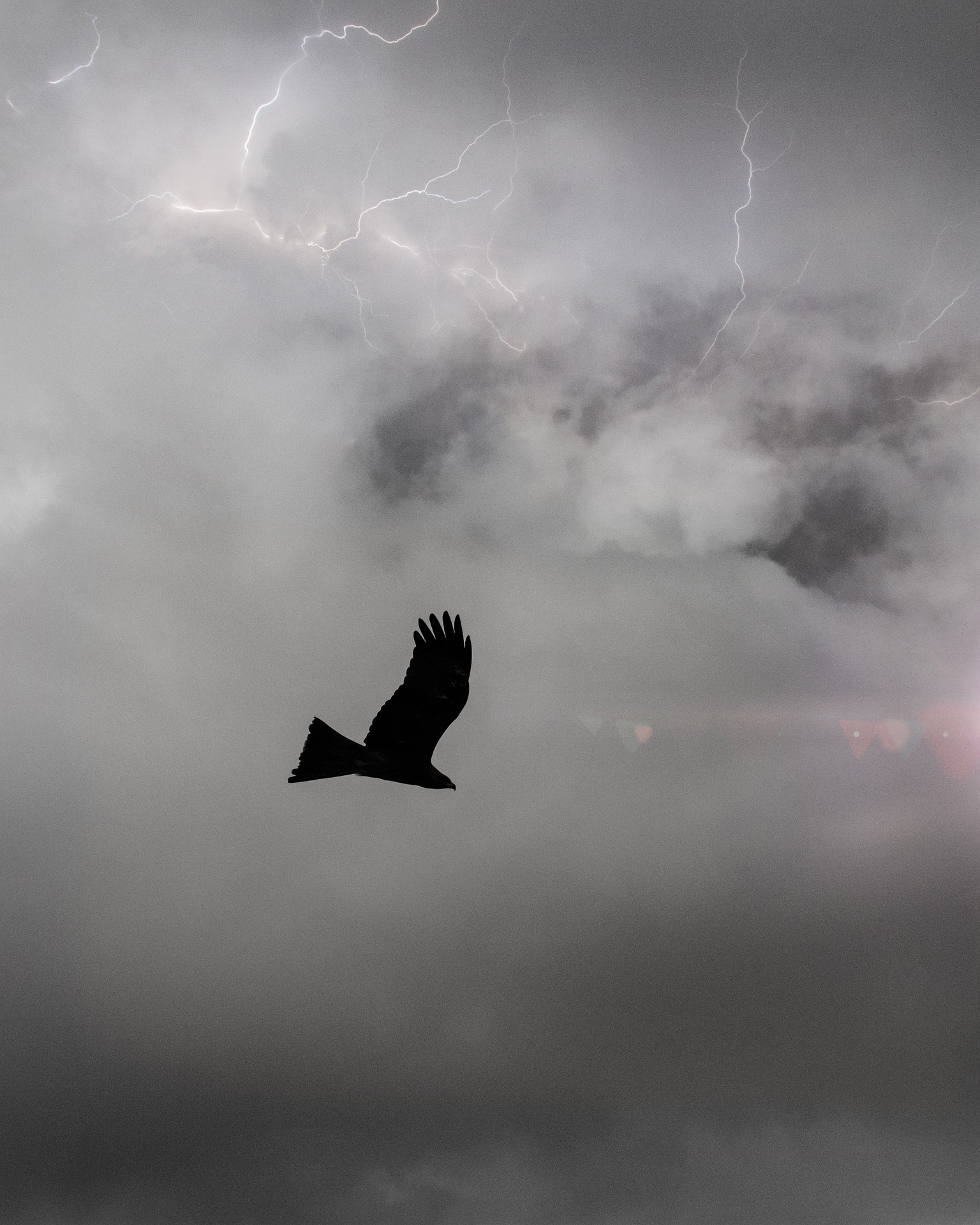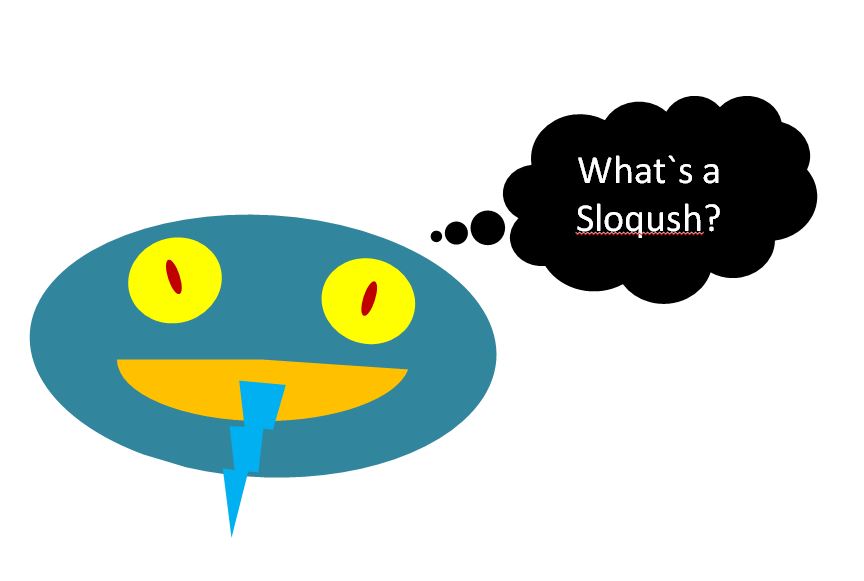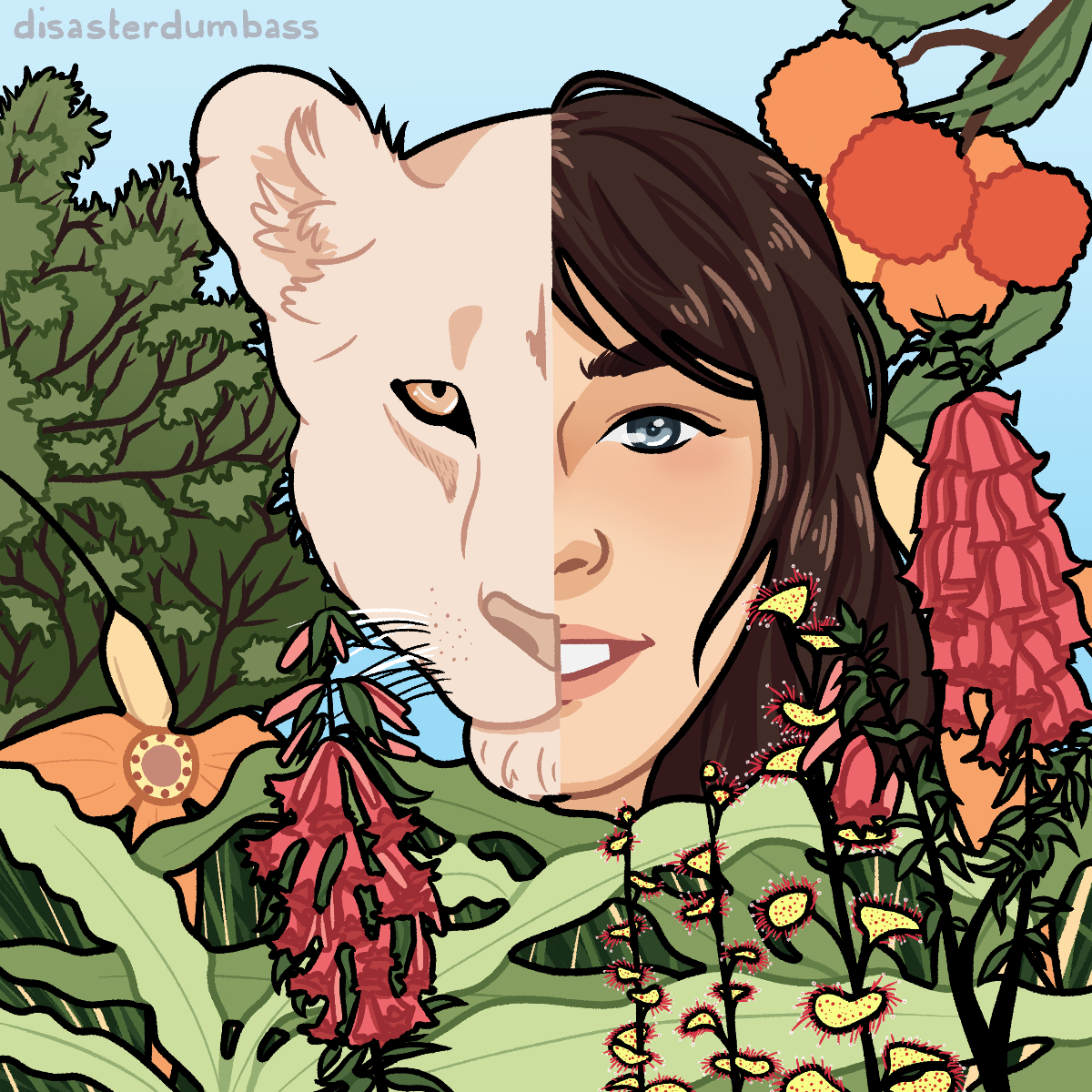Dietary habits
Hunting techniques
Thunderbirds love to catch easy prey in the waters, by sending down their thunderbolt as they fly above the water. They have great eyesight, and rarely miss an attack. For creatures which require a bit more work, the thunderbird will use both its beak and its claws to kill their prey as soon as possible.
The thunderbird is a better at catching aquatic creatures than any of the water minders— Wulukur, a root minder
Favoured prey
Thunderbirds seem to have a taste for aquatic creatures, although they also are seen hunting in the open plains often enough.
Luckily for us, the thunderbird loved eating bunyips, so the waters around Pertkwugo were safe from their dangers. But not any more...— Wulukur, a root minder
Breeding
Mating
Little is known of thunderbird mating. They seem to congregate around waterfalls, in areas of perpetual storm. It is unknown if their chicks are extremely fast-growing, or if they do not care for their chicks at all. However it might be, thunderbirds never spend more than one lunar cycle in the mating area.
The older root minders told me, that the thunderbird would leave for breeding once, maximum twice, during any grippli's lifetime. But I never got to experience it. When the thunderbird disappeared last time, he never came back.— Wulukur, a root minder
Growth stages
Smaller thunderbirds are seen leaving the mating area thirteen years after the last mating event occurred. These smaller thunderbirds are rare, and not as powerful as their parents are. Few are assumed to make it all the way into adulthood.
They say thunderbird chicks grow up in the headwater of the candle river. But no root minder has been crazy enough to go find out if that's true. At least not in recent history.— Wulukur, a root minder
The thunderbird of Juuriki
A thunderbird has lived in the great tree of Pertkwugo for as long as people remember, although it has not always been the same creature.
However, the last thunderbird that was protecting the area died years ago, and no new thunderbird has yet come back.
Without a thunderbird, there is more insecurity; the threats to the city are coming back, now that the thunderbird is not there to eat them. There is also an increasing drought, which is causing some animals and plants to slowly wither away.
Without the constant storms brought about by the thunderbird, Juuriki now only experiences seasonal rains, instead of year-round rains. Whilst the grippli living in this area have so far not noticed the effects this is causing in their environment around them, some of these changes will soon start affecting them, unless a new thunderbird establishes themselves soon.
Weal or woe?
Pertkwugo
The two grippli clans of Pertkwugo pay homage to the thunderbird, the great protector of the city. They are cherished, valued, and respected.
Root minders main job is to take care of the great mangrove tree that the thunderbird uses as a home. They also have the privilege of talking to the thunderbird, should they ever have questions, or feel like talking. For this reason, all root minders are required to know
thunder speech.
Other areas
Not all people are as welcoming to have a bird which brings storms and thunders wherever they go. Some people go to great pains to avoid thunderebirds establishing themselves anywhere near their city. If they sight a young thunderbird around their city, they will persecute the bird, and kill them if possible, all to avoid the destruction and chaos brought by their storms.






OOOF mighty bird bringer of storms yesssss!
Hehehe, I am glad you liked it!